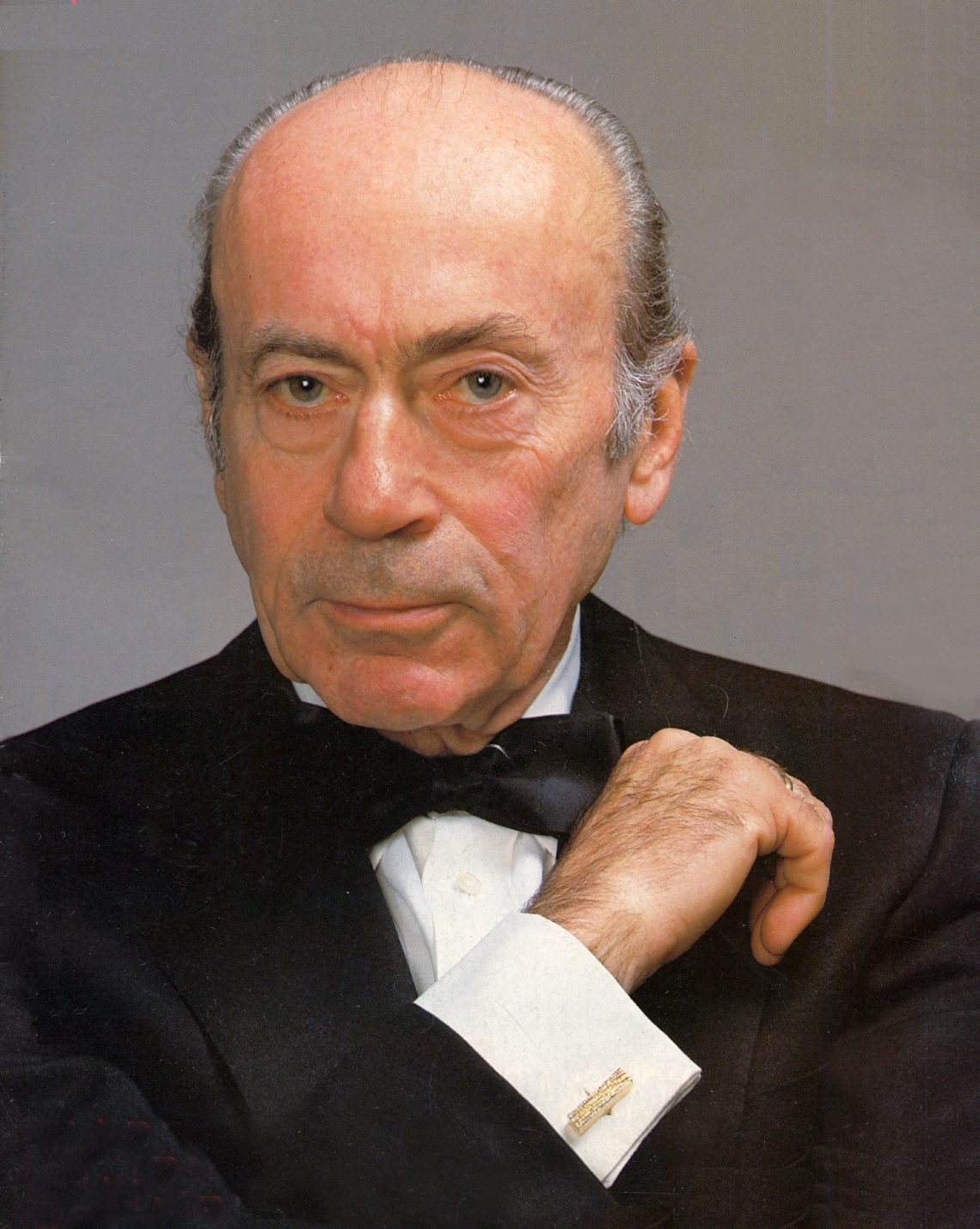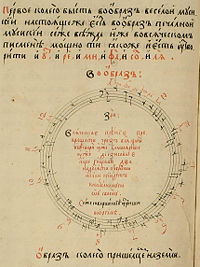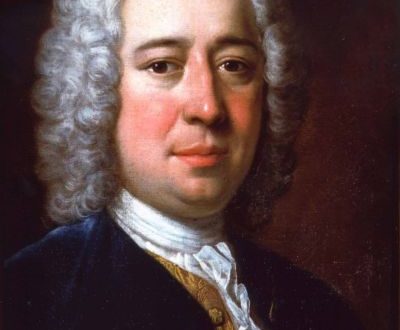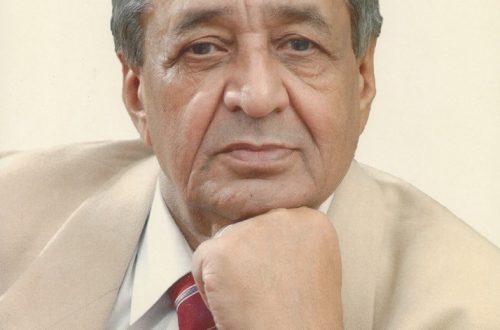
Jan Krenz |
Jan Krenz
The first steps of Jan Krenz in the musical field were not easy: during the years of the fascist occupation, he attended a secret conservatory organized in Warsaw by Polish patriots. And the artist’s conducting debut took place immediately after the war – in 1946. At that time, he was already a student at the Higher School of Music in Lodz, where he studied at once in three specialties – piano (with 3. Drzewiecki), composition (with K. Sikorsky) and conducting (with 3. Gorzhinsky and K. Wilkomirsky). To this day, Krenz is actively working as a composer, but his conducting art brought him wide fame.
In 1948, the young musician was appointed second conductor of the Philharmonic Orchestra in Poznań; at the same time he also worked at the opera house, where his first independent production was Mozart’s opera The Abduction from the Seraglio. Since 1950, Krenz has been the closest assistant of the illustrious G. Fitelberg, who then led the Polish Radio Symphony Orchestra. After the death of Fitelberg, who saw Krenz as his successor, the twenty-seven-year-old artist became the artistic director and principal conductor of this group, one of the best in the country.
Since then, the active concert activity of Krenz began. Together with the orchestra, the conductor visited Yugoslavia, Belgium, the Netherlands, Germany, England, Italy, the Middle and Far East, the USSR, and independently toured in most other European countries. Krenz earned a reputation as an excellent interpreter of the work of Polish composers, including his contemporaries. This is facilitated by his exceptional technical skill and sense of style. The Bulgarian critic B. Abrashev wrote: “Jan Krenz is one of the artists who master themselves and their art to perfection. With exceptional grace, analytical talent and culture, he penetrates the fabric of the work and reveals its internal and external features. His ability to analyze, his highly developed sense of form and wholeness, his emphasized sense of rhythm – always distinct and clear, subtly nuanced and consistently carried out – all this determines clearly constructive thinking without an excessive amount of “feeling”. Economical and restrained, with a hidden, deeply internal, and not outwardly ostentatious emotionality, skillfully dosing orchestral sound masses, cultured and authoritative – Jan Krenz flawlessly leads the orchestra with a confident, precise and clear gesture.
L. Grigoriev, J. Platek, 1969





